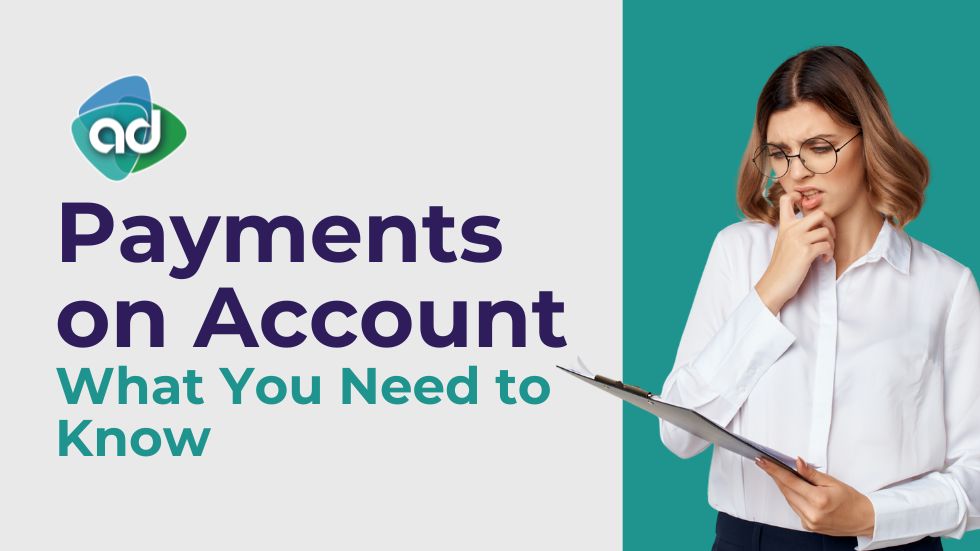If you submitted your Self Assessment for 2023/24 and owed over £1,000, or didn’t have 80% of your tax covered through PAYE, then HMRC will want you to make two Payments on Account: one by 31st January and another by 31st July each year. That means your second POA is due 31 July 2025.
So, what are they all about and how can you manage them without losing sleep?
What Are Payments on Account?
They’re advance payments towards next year’s tax bill, based on half of what you paid last year. Made on 31st January and 31st July, they help spread your bill across the tax year instead of paying everything at once in January.
For instance, if your 2023/24 tax bill was £3,000, you’d pay £1,500 on 31st January 2025, and another £1,500 on 31st July 2025, totalling £3,000 towards 2024/25 taxes.
Why HMRC Does It
They reckon you’ll owe roughly the same the next year, so splitting payments helps both you and them budget. Good for cash flow if your earnings are consistent.
But What If Your Income Changes?
Here’s the thing, if your profits fall, or you’re winding things down (or retiring!), you can ask HMRC to reduce your July payment to avoid overpaying.
- You can make a claim when you file your return or submit form SA303 or do it online before 31st July.
- But be realistic. If your estimate is too low, HMRC will charge interest on the shortfall and maybe penalties.
What Happens Next?
- 31st July 2025: 2nd Payment on Account for 2024/25 is due.
- 31st January 2026: You file your tax return and pay any shortfall with a balancing payment, plus your first POA for 2025/26 if needed.
- 31st July 2026: You’ll pay the second POA based on 2024/25 figures or reduced figures, if you claimed a reduction.
If your final bill is exactly what the two POAs total, you’re all set. If it’s higher, you’ll pay the difference. If it’s lower, HMRC refunds the overpayment.
Why It Matters for You
- Stay on top of cash flow: Budgeting in January and July helps avoid a massive lump sum.
- Catch income drops early: If profits dip, you don’t get stuck with a chunk of unneeded POAs.
- Avoid interest: Reduced POAs wrong and you could end up paying interest from day on.
- Get refunds quickly: If you’ve overpaid, HMRC refunds the excess, no need to wait until 31st January.
What You Should Do Now
- Check your HMRC online account (or ask your accountant) to see what your July payment is.
- If you expect to pay significantly less tax in 2024/25, consider applying to reduce your POA.
- Pay by 31st July to avoid interest, use Faster Payments, CHAPS, debit card, or Direct Debit.
Payments on Account are HMRC’s way of helping you spread your tax bill. But if your income drops, or your business changes, you can and should apply to reduce them before 31st July. That keeps your cash flow steady and avoids paying more tax than you owe.
Here at Accounts Direct, we can help you estimate, reduce, or plan for your July POA, so get in touch before 31st July and let’s keep those taxes in check.

